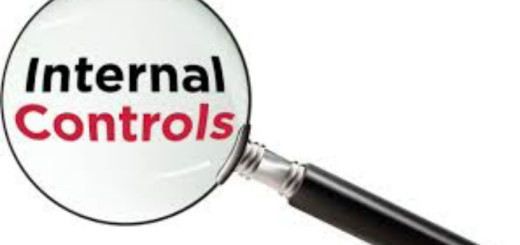The Importance of Understanding “Corrupt” Intent
All generalizations are false, including this one — Mark Twain Proving intent is a difficult task. White collar crimes turn on the issue of intent – what was in the offender’s mind. With most things in life, people have mixed motivations. On occasion, however, it is very clear to understand an actor’s intent. Prosecutors cull through evidence looking for indications, signs of motivation, and ultimately...
























